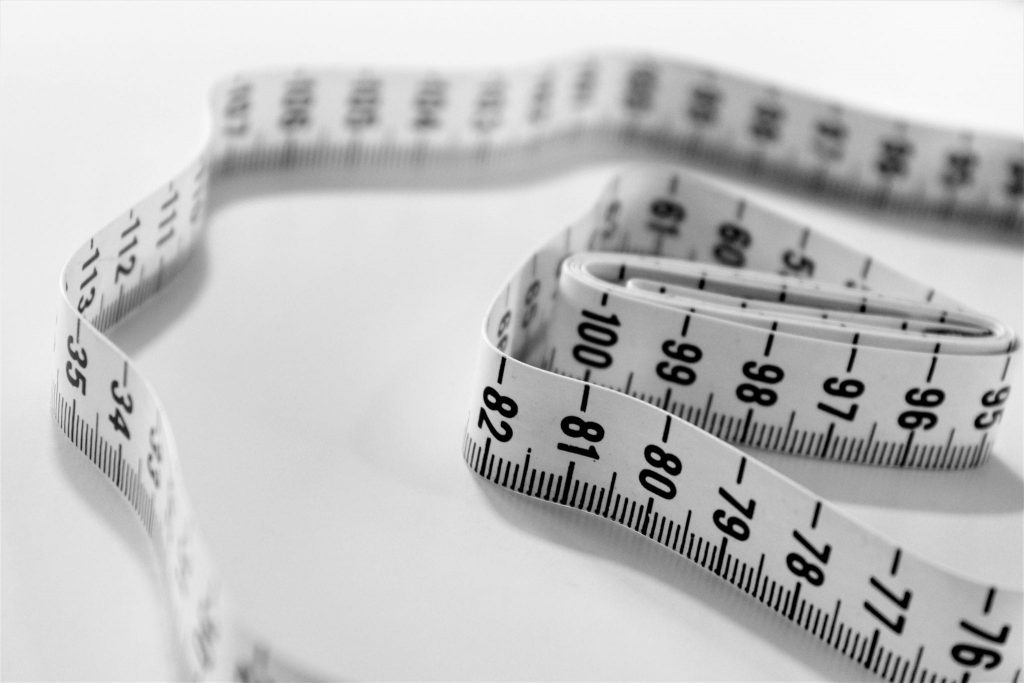
1. Drink plenty of water, especially before meals
Drinking water helps to lose weight. Warm water before meals helps to improve digestion and, accordingly, metabolism.
2. Don’t drink sugary sodas
Sweet water contains a lot of empty calories. When you want to drink, choose plain water.
3. Don’t drink juices
Most juices contain sugar, which serves as a preservative. Instead of juice, it is better to eat the whole fruit, so you get fewer calories and more fiber, which will give a feeling of satiety.
4. Reduce coffee consumption
There are various recommendations for drinking coffee. Sometimes it is advised to give up coffee altogether. However, if you like coffee, reduce it the amount. Drink black coffee with spices, drink water. Avoid coffee cocktails that are high in calories.
5. Eat eggs for breakfast
Prepare 1 egg for breakfast. Eggs are a source of protein, vitamins, and trace elements and quickly give a feeling of satiety.
6. Drink green tea
Green tea contains many powerful antioxidants, quenches thirst.
7. Probiotics, symbiotics, and prebiotics
A healthy stomach is important for good health. Beneficial bacteria are found in yogurts, which are best made on their own, as manufacturers can add sugar. Also useful are sauerkraut and cucumbers.
8. Reduce salt, avoid monosodium glutamate, use spices
Especially a lot of salt in canned food, salty foods, marinated and smoked meat. Excess salt contributes to water retention in the body as a result of possible edema. However, the food should be tasty, so use a variety of spices. Spices promote the release of digestive juices, enzymes, and accelerate metabolism. Look for flavors that you like!
9. Practice interval fasting 16/8
One of the schemes of diet eating means 16 hours of fasting and 8 – for eating. For example, a person can eat between 10 and 18 o’clock in the afternoon. At other times she is limited to drinks.
10. Take smaller plates
Using smaller plates psychologically helps to eat less food and, as a result, get fewer calories daily. However, quite often overweight people overeat, eat quickly, so setting rules to eat only at the table, from certain plates – will be useful advice.
11. Attentive nutrition
The habit of watching TV, reading a book, “hanging out” on social networks has a negative effect on nutrition. You do not eat, do not taste, you do not enjoy, you do not get pleasure from food! Fast mechanical eating is a problem, and you need to learn careful and attentive nutrition.
12. Eat slowly, chewing thoroughly
You need to eat slowly, carefully, and chew food for a long time. Chewing food, we can grind it well with our teeth, prepare for the next stage, because there are no teeth in the stomach. By chewing food, we allow our brain to better understand its composition, and, accordingly, to isolate the enzymes necessary for digestion. Poorly chewed food is less available for digestive juices and enzymes.
13. Physical activity
With well as moderate exercise, can achieve good results in terms of weight loss and overall health. To lose weight, you need to perform so-called aerobic or cardio exercises for 30-60 minutes.
14. Diary of nutrition, physical activity, and well-being
A diary is useful not only for monitoring the number of calories consumed and physical activity. The diary is indispensable for self-knowledge, for introspection. With the help of a diary, you can understand situations and emotions that provoke stressful eating, uncontrolled attacks of severe hunger.
It is important to set realistic goals and acknowledge your success. After all, the common goal is not only to lose weight but also to acquire healthy lifestyle habits.
15. Your motivation to lose weight
Even in preparation for the path of weight normalization, take the time to write a list of things that motivate you to lose weight, which form a strong desire to succeed. For example, the desire to look good, to be more active, to have better immunity, not to get sick, to feel better.
Picture Credit: Unsplash
